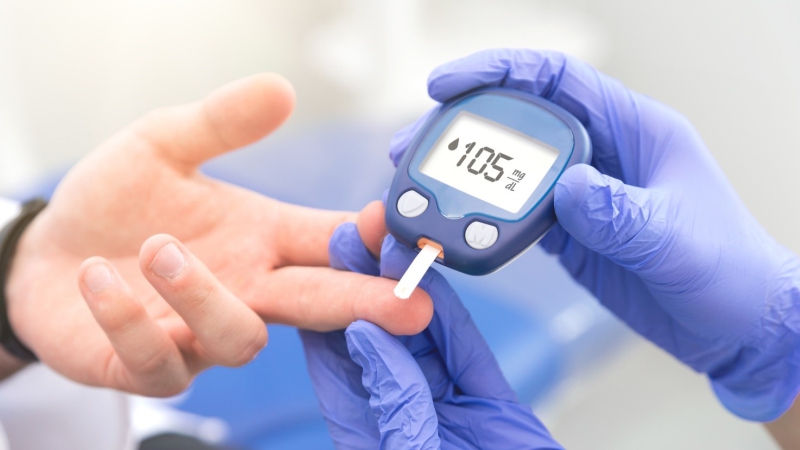Discover the comprehensive resource for effectively managing your blood sugar levels with “The Ultimate Guide to Managing Blood Sugar Levels.” This guide provides valuable information, tips, and strategies that can help you take control of your health and maintain stable blood sugar levels. From understanding the importance of a balanced diet to exercising regularly and monitoring glucose levels, this guide offers practical advice to improve your overall well-being. Whether you have diabetes or simply want to optimize your health, “The Ultimate Guide to Managing Blood Sugar Levels” is an essential tool for anyone looking to lead a healthier lifestyle.
Effectively controlling blood glucose levels is of paramount importance for individuals diagnosed with diabetes or those looking to maintain optimal health. By understanding how to control blood sugar, one can effectively manage their condition and reduce the risk of complications. To begin, it’s important to monitor blood sugar levels regularly. This can be done through a simple finger-prick test using a glucose meter. Through continuous monitoring of these levels throughout the day, people can recognize trends and implement essential changes to their dietary and lifestyle habits.
The role of diet is crucial when it comes to managing blood sugar levels. Incorporating whole grains into your diet is crucial for maintaining a balanced nutritional intake, lean proteins, fruits, vegetables, and healthy fats. Foods high in refined sugars and carbohydrates should be limited as they can cause rapid spikes in blood sugar. Engaging in consistent physical activity also proves advantageous in managing blood sugar levels. Physical activity assists the body in enhancing its utilization of glucose and boosting insulin sensitivity. Engaging in activities such as walking, jogging, cycling, or strength training for at least 30 minutes most days of the week can have positive effects on blood sugar management.
Apart from making changes to one’s lifestyle, individuals dealing with diabetes might also require medication. Seeking guidance from a healthcare practitioner is essential in order to establish a suitable medication routine according to individual requirements. Finally, employing stress management methods like meditation or deep breathing exercises can aid in controlling blood sugar levels. Stress hormones can impact insulin production and lead to fluctuations in blood sugar.
By adhering to these recommendations and collaborating closely with healthcare experts, individuals can proficiently regulate their blood sugar levels and enhance their overall health results. Remember that each person’s journey may vary; therefore personalized approaches are key when it comes to maintaining optimal blood sugar control.
